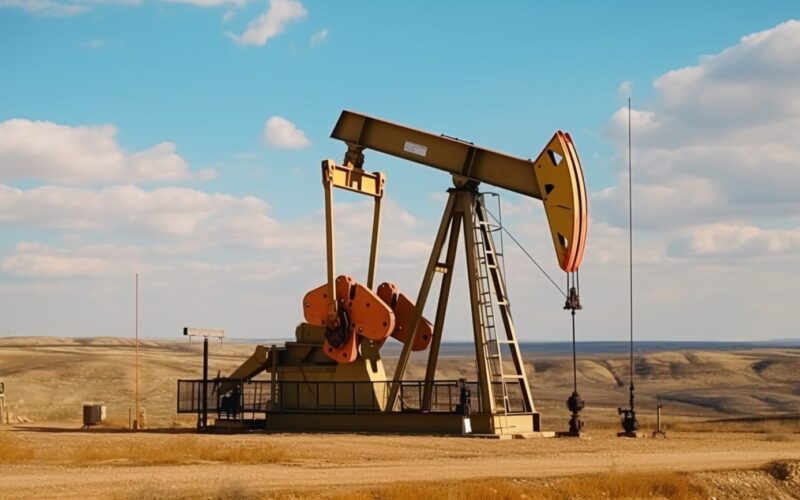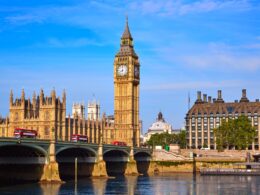The UK government has decided not to challenge a legal action against its decision to approve drilling in the Rosebank and Jackdaw oil and gas fields off Shetland and Aberdeen. Greenpeace and Uplift initiated judicial reviews to prevent the development of these fields, arguing that the environmental impacts were not properly considered.
This decision follows a recent Supreme Court ruling requiring that the climate impact of fossil fuel projects, including Scope 3 emissions (emissions from the consumption of the produced oil and gas), be included in environmental impact assessments. This ruling established a new precedent for regulatory considerations.
Although the government’s decision does not withdraw the licenses for the Rosebank and Jackdaw fields, if the judicial reviews support the environmental groups, the operators will need to resubmit their environmental assessments. This would lead to further delays and additional costs for the Rosebank project, owned by Equinor and Ithaca Energy, and the Jackdaw field, owned by Shell.
The UK government has affirmed its commitment to ensuring that oil and gas continue to play a significant role in the economy while transitioning to clean energy. Energy Minister Michael Shanks announced plans to consult on new guidance that incorporates the Supreme Court’s ruling to help the industry with planning, job security, and investment.
Environmental groups welcomed the government’s decision, arguing that the licenses for the Rosebank and Jackdaw fields should not have been granted without a thorough climate impact assessment. Greenpeace’s Mel Evans said, “The two new fields combined would generate a vast amount of emissions while doing nothing to lower energy bills. The only real winners from giving them the green light would be multi-billion-pound oil giants.”
Tessa Khan, executive director of Uplift, said it was a “common sense” decision. “Rosebank is a terrible proposition economically, from an energy-security perspective and environmentally for the UK public. No government should be prepared to approve a project like that.”
The Supreme Court’s ruling in June emphasised the need to consider the environmental impact of fossil fuel consumption in assessments. This could lead to further legal challenges by oil companies. Offshore Energies UK urged the government to expedite its consultation to avoid impacting investor confidence.
The Rosebank field, the largest untapped oil field in the UK, was granted drilling consent in September last year. Shell’s Jackdaw project was approved in 2022 after an initial rejection. Both Equinor and Shell are reviewing the implications of the government’s announcement.





















